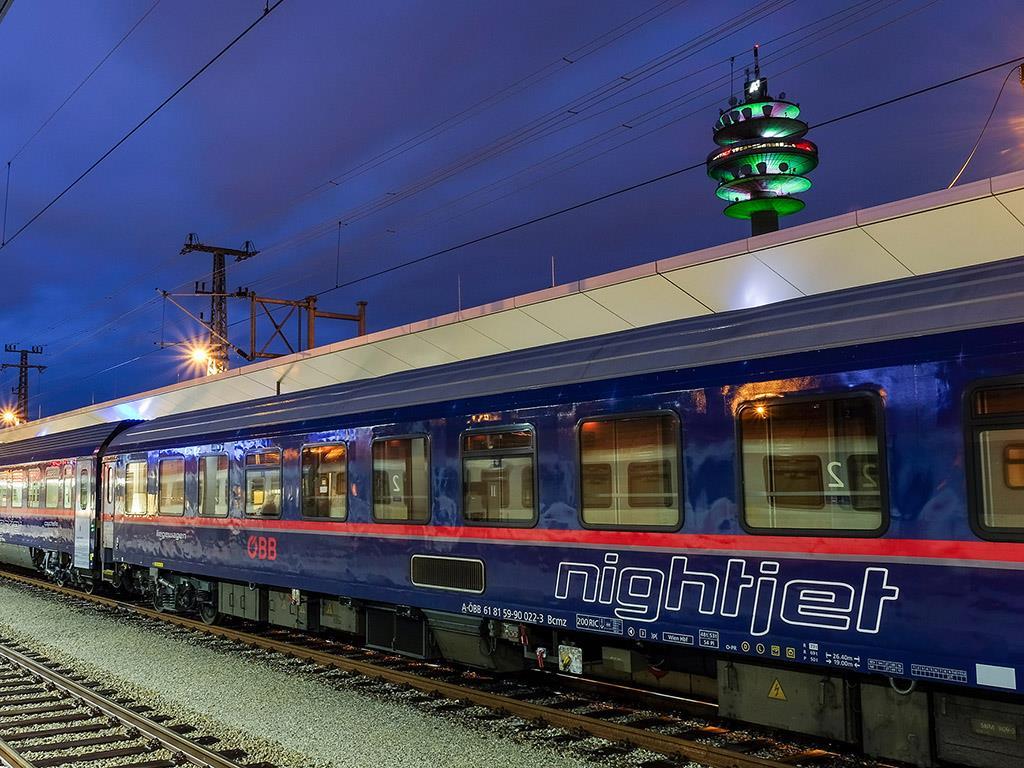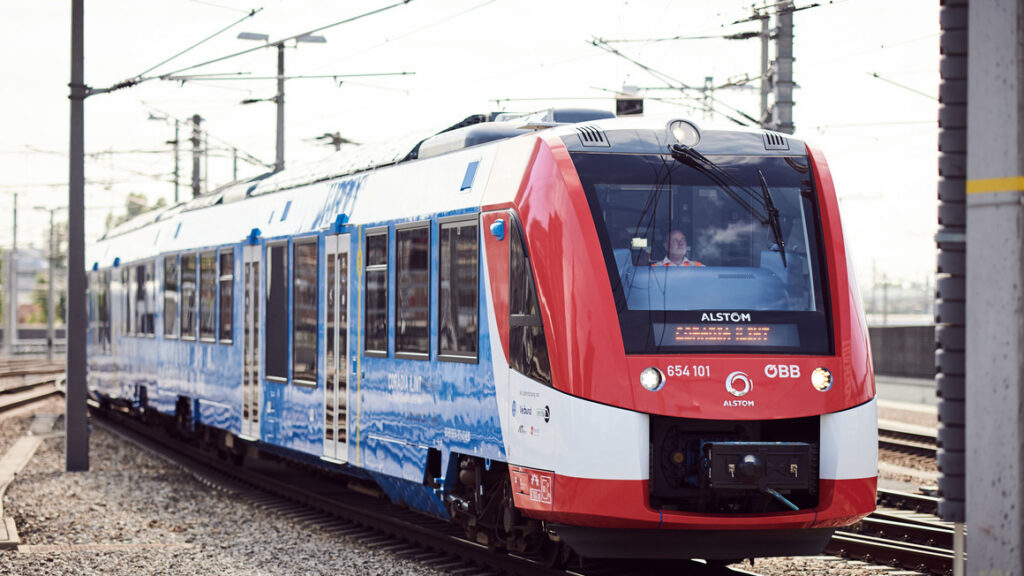Consumer News Coronavirus Covid-19 Economic News Economy News Environmental News European News Finance News German Global Politics green Green Energy News International News News Railroad Railroad News Ski Skiing News Train news transport Transportation Transportation News travel Travel news
SBB and ÖBB Plan Further Expansion of Night Train Services
SBB and ÖBB are stepping up their long-standing cooperation in international passenger services. The two railway companies are seeking to scale up the existing night train services from six to ten lines. Planning is underway…

